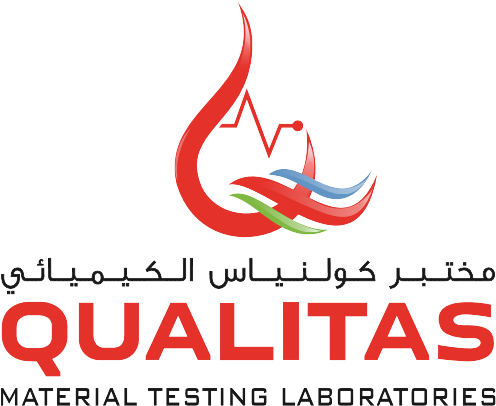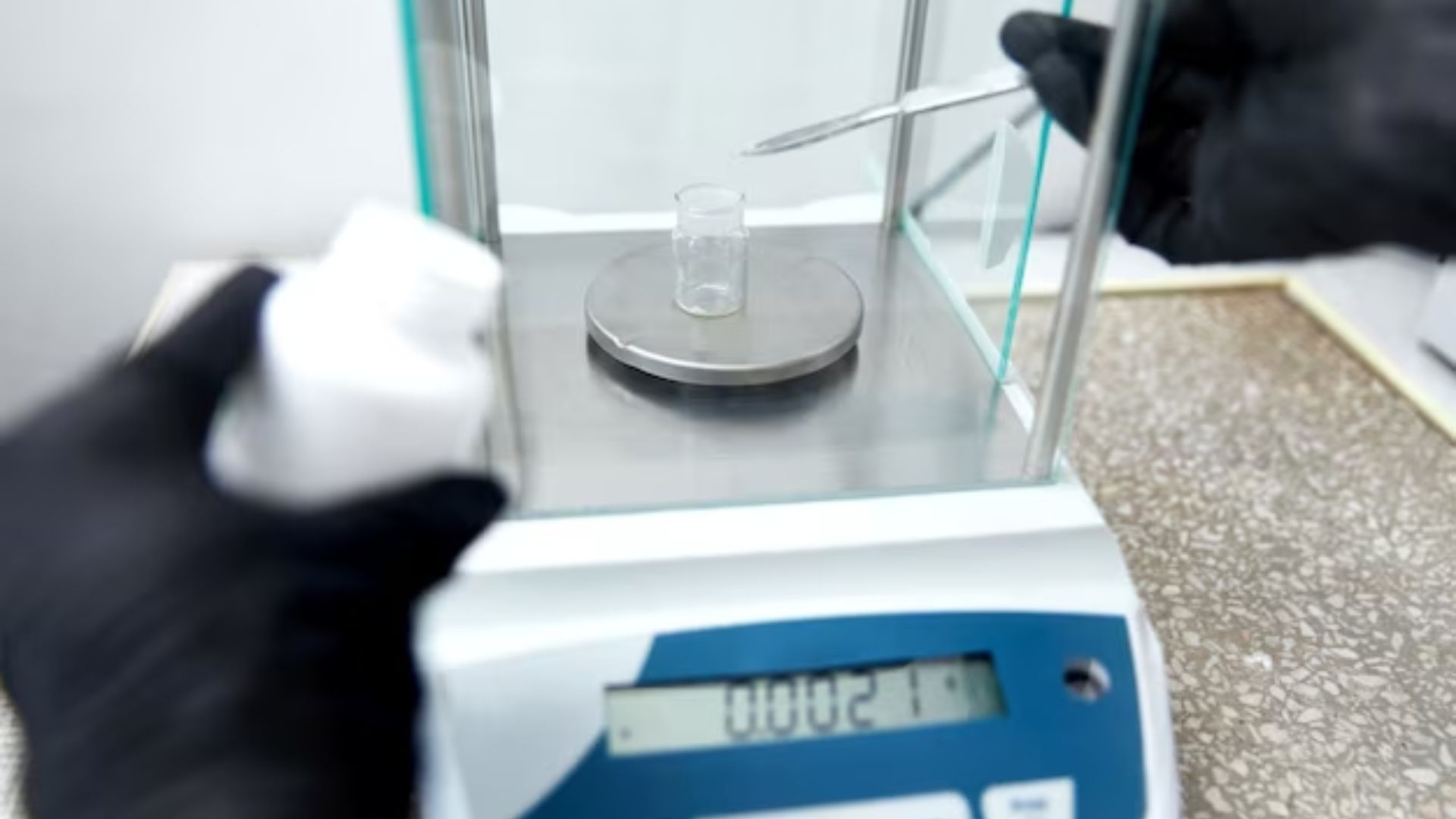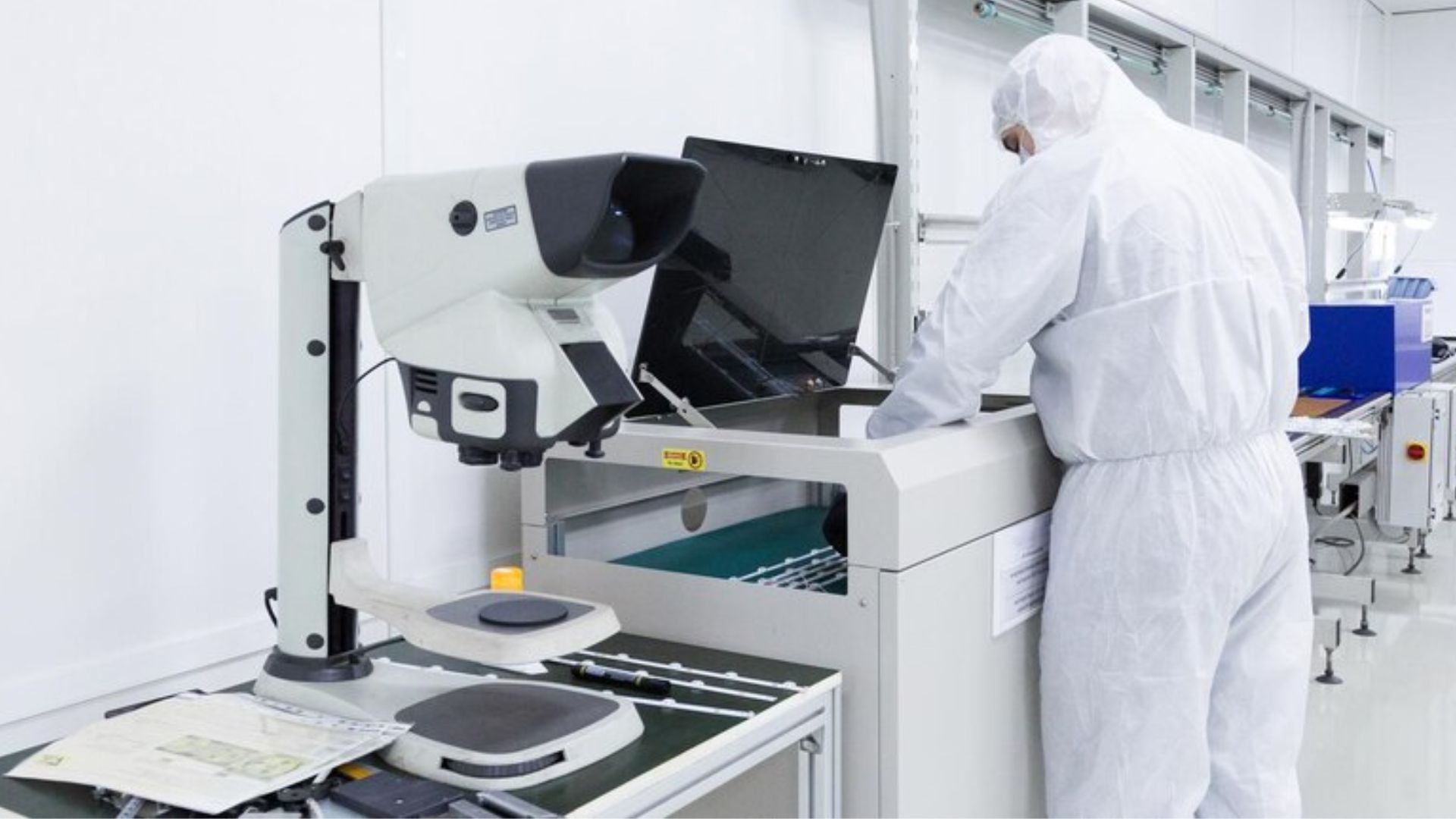In an age where environmental concerns are at the forefront, ensuring clean and safe air has become a global priority. One of the most effective methods for monitoring air quality is through Micro Air Sampling, a technique that holds immense importance, especially in regions like the UAE where rapid urbanization and industrialization are prevalent. Let’s delve into the significance of Micro Air Sampling in safeguarding air quality, particularly in the context of the UAE.
Understanding Micro Air Sampling:
Micro Air Sampling is a method that is use to collect small airborne particles, including pollutants, allergens and microorganisms from the air. This collected sample is then analyzed to assess air quality and identify risks.
Why Micro Air Sampling Matters in the UAE:
In the UAE, particularly in densely populated and industrialized areas the need to monitor air quality is evident. Here’s why Micro Air Sampling is crucial:
- Identifying Pollutants:
With the use of micro air sampling, it is possible to identify and measure a number of contaminants, such as allergens, volatile organic compounds (VOCs) and particulate matter. Authorities and communities can better understand the causes and quantities of air pollution thanks to this information.
- Health Impacts:
Air pollutants can have severe health implications, particularly for individuals with respiratory conditions and allergies. Micro Air Sampling helps in assessing the potential health risks associated with specific pollutants.
- Regulatory Compliance:
The UAE, like many countries, has established air quality standards and regulations. Micro Air Sampling ensures that air quality meets these standards, helping maintain a healthier living environment for residents.
- Industrial Zones:
The UAE’s rapid industrialization has brought economic growth but also increased the potential for air pollution. Micro Air Sampling is crucial in these industrial zones to monitor emissions and ensure they adhere to acceptable levels.
- Data-Driven Decision:
Micro Air Sampling generates data that can guide policy and decision-making. Authorities can take effective measures based on accurate information about air quality.
- Assessing Indoor Quality:
Indoor air quality is equally important, especially considering the time people spend indoors. Micro Air Sampling assesses indoor air quality, helping identify potential health risks and sources of pollution within buildings.
- Early Detection of Issues:
By continuously monitoring air quality through Micro Air Sampling, any sudden spikes in pollutants can be detected early, allowing for quick action to prevent potential health crises.
- Public Awareness:
Results from micro air sampling can be shared with the public raising awareness of problems with the quality of the air and enticing people to take precautions for their health.
Conclusion:
Micro Air Sampling is part of an ongoing process to monitor and improve air quality. Its results guide long-term strategies to maintain healthier environments. In a rapidly evolving region like the UAE, safeguarding air quality is essential for a sustainable future. Micro Air Sampling is an indispensable tool in this effort, enabling precise monitoring of pollutants and providing data that empowers communities and authorities to make informed decisions. By trusting Qualitas and prioritizing air quality through techniques like Micro Air Sampling in the UAE continues to make significant strides toward creating healthier and more livable environments for its residents.


